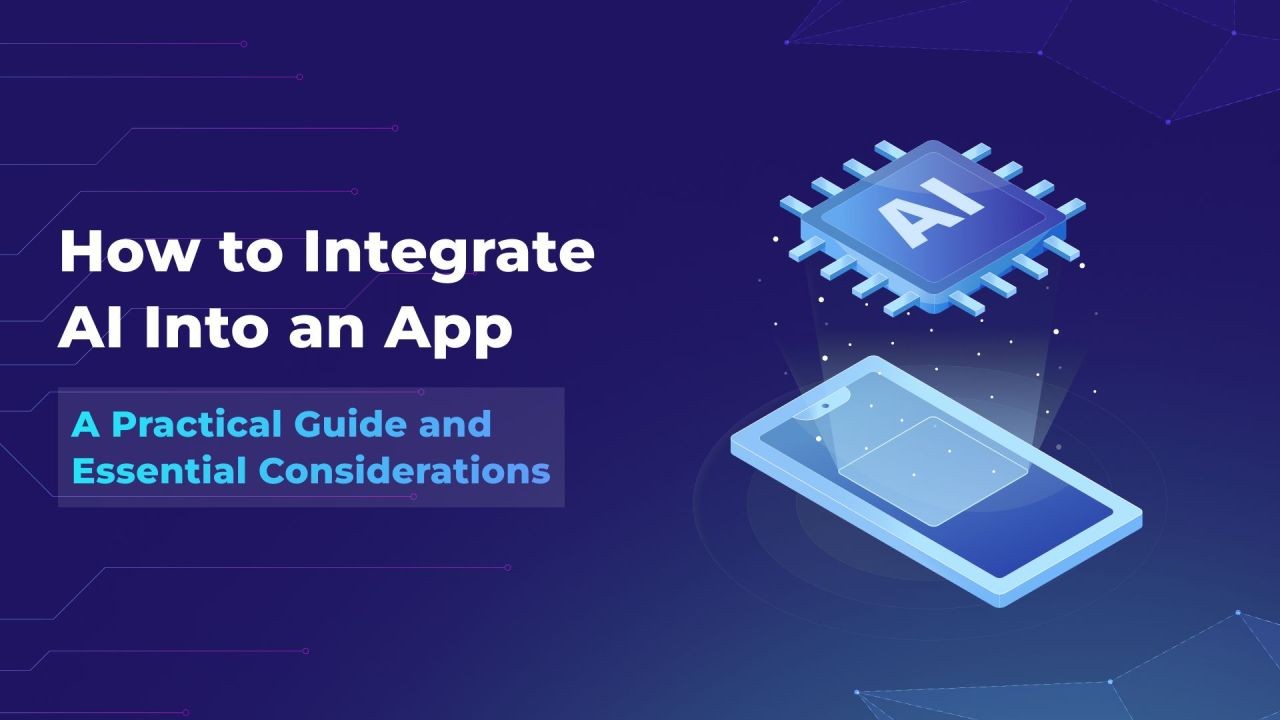Artificial Intelligence (AI) is transforming industries worldwide, and New Zealand is no exception. With the rapid rise of AI technologies, Kiwi businesses face both opportunities and challenges in integrating AI into their operations. Whether it’s optimizing supply chains, enhancing customer experiences, or driving innovation, AI can be a powerful tool. But how can New Zealand businesses effectively harness its potential? This article delves into the strategies, case studies, and insights necessary for AI integration, offering a roadmap for New Zealand businesses looking to thrive in this new technological era.
Understanding AI's Role in New Zealand's Economy
AI is not just a buzzword; it's a catalyst for change. In New Zealand, industries like agriculture, healthcare, and finance are already seeing the benefits. According to a report by MBIE, AI could contribute up to NZD 54 billion to the New Zealand economy by 2030. This statistic underscores the importance of AI in driving economic growth and competitiveness.
AI in Agriculture: A Growing Opportunity
Agriculture is a cornerstone of New Zealand's economy, and AI is poised to revolutionize this sector. For instance, AI-powered precision farming tools are helping Kiwi farmers optimize resource use, improve yields, and reduce environmental impact. Companies like Robotics Plus are leading the charge with innovative solutions like autonomous robotic systems for fruit picking, showcasing AI's potential to address labor shortages and enhance productivity.
Healthcare: AI's Impact on Patient Care
In the healthcare sector, AI is being used to improve patient outcomes and streamline operations. AI algorithms can analyze vast amounts of data to assist in early diagnosis and treatment planning. For example, New Zealand's health tech startup, HeartLab, is using AI to analyze heart scans quickly and accurately, making cardiac care more accessible and effective.
Real-World Case Studies: AI in Action
Case Study: Xero – Transforming Accounting with AI
Problem: Xero, a leading accounting software company in New Zealand, faced the challenge of streamlining financial processes for small businesses while maintaining accuracy and compliance.
Action: Xero integrated AI to automate repetitive tasks such as data entry and reconciliation. They developed machine learning algorithms to predict cash flow and provide real-time financial insights.
Result: Xero's AI-driven solutions have reduced manual data entry time by 30% and improved financial forecasting accuracy by 20%, enabling small businesses to make informed decisions quickly.
Takeaway: AI can significantly enhance operational efficiency in financial services. For Kiwi businesses, integrating AI into existing platforms can lead to cost savings and improved decision-making.
Case Study: Air New Zealand – Enhancing Customer Experience
Problem: Air New Zealand sought to enhance customer experience by providing personalized travel services and improving operational efficiency.
Action: The airline implemented AI-driven chatbots and voice assistants to handle customer inquiries and booking requests. AI was also used to optimize flight schedules and maintenance operations.
Result: The integration of AI resulted in a 25% increase in customer satisfaction and a 15% reduction in operational costs, demonstrating the power of AI in enhancing service delivery.
Takeaway: AI can transform customer experiences by offering personalized services and streamlining operations. For New Zealand businesses, adopting AI can lead to increased customer loyalty and operational efficiency.
Contrasting Perspectives: The AI Debate
Advocates vs. Critics
The integration of AI into business operations is not without controversy. Advocates argue that AI increases efficiency, reduces costs, and opens new avenues for innovation. They cite examples like Xero and Air New Zealand as proof of AI’s transformative potential.
Critics, on the other hand, raise concerns about job displacement, ethical considerations, and data privacy. They argue that while AI can automate tasks, it may also lead to job losses in sectors like manufacturing and customer service. Moreover, the ethical implications of AI decision-making processes remain a contentious issue.
Finding Middle Ground
To address these concerns, businesses must adopt a balanced approach to AI integration. This includes implementing AI ethically, ensuring transparency in AI-driven decisions, and upskilling employees to work alongside AI technologies. By doing so, businesses can harness the benefits of AI while minimizing its potential downsides.
Myths and Misconceptions About AI
- Myth: AI will replace all human jobs. Reality: While AI can automate certain tasks, it also creates new job opportunities in AI development, maintenance, and oversight. According to a study by the Reserve Bank of New Zealand, AI is expected to create more jobs than it displaces by 2030.
- Myth: AI is only for large corporations. Reality: AI tools are becoming increasingly accessible to small and medium-sized enterprises (SMEs). Cloud-based AI solutions offer scalable options for businesses of all sizes, allowing SMEs to leverage AI without substantial upfront investments.
- Myth: AI implementation is too complex and expensive. Reality: While AI implementation requires upfront investment, the long-term benefits often outweigh the costs. Businesses can start small with pilot projects to test AI solutions and scale up as they see results.
Common Mistakes and How to Avoid Them
- Failing to Define Clear Objectives: Businesses often implement AI without a clear understanding of what they want to achieve. Solution: Define specific, measurable objectives before integrating AI technologies.
- Ignoring Data Quality: AI relies on high-quality data to function effectively. Solution: Ensure data is clean, accurate, and relevant before deploying AI solutions.
- Overlooking Employee Training: Employees may resist AI adoption due to fear of job loss or lack of understanding. Solution: Invest in training programs to upskill employees and integrate AI into their workflows.
Future Trends in AI for New Zealand Businesses
The future of AI in New Zealand is promising. According to a report by NZTech, AI adoption in sectors like healthcare, agriculture, and finance is expected to accelerate in the coming years. By 2026, AI-driven innovations could lead to a 15% increase in productivity across these industries.
Moreover, the New Zealand government is investing in AI research and development to ensure the country remains competitive in the global market. Initiatives like the AI Forum of New Zealand aim to foster collaboration between businesses, researchers, and policymakers to drive AI innovation.
Final Takeaways and Call to Action
- Fact: AI could contribute up to NZD 54 billion to the economy by 2030.
- Strategy: Start small with AI pilot projects and scale up as you see results.
- Mistake to Avoid: Implementing AI without clear objectives.
- Pro Tip: Leverage cloud-based AI solutions for scalability.
Are you ready to integrate AI into your business operations? Start by defining clear objectives and exploring scalable AI solutions. For ongoing insights and strategies, subscribe to our newsletter and stay ahead of AI trends in New Zealand!
People Also Ask (FAQ)
- How does AI impact businesses in New Zealand? AI helps New Zealand businesses increase efficiency and drive innovation, with companies like Xero reporting significant time savings and improved financial accuracy.
- What are the biggest misconceptions about AI? A common myth is that AI will replace all jobs. However, research from the Reserve Bank of New Zealand shows AI is expected to create more jobs than it displaces by 2030.
- What are the best strategies for implementing AI? Experts recommend starting with pilot projects, ensuring data quality, and investing in employee training for successful AI integration.
- What upcoming changes in New Zealand could affect AI? By 2026, increased government investment in AI research and development could accelerate AI adoption across various industries.
- Who benefits the most from AI? AI benefits businesses in agriculture, healthcare, and finance, making it a strategic focus for improving productivity and innovation.
Related Search Queries
- AI in New Zealand agriculture
- AI integration strategies for SMEs
- Future of AI in healthcare
- AI and job creation in New Zealand
- AI-driven innovation in finance































